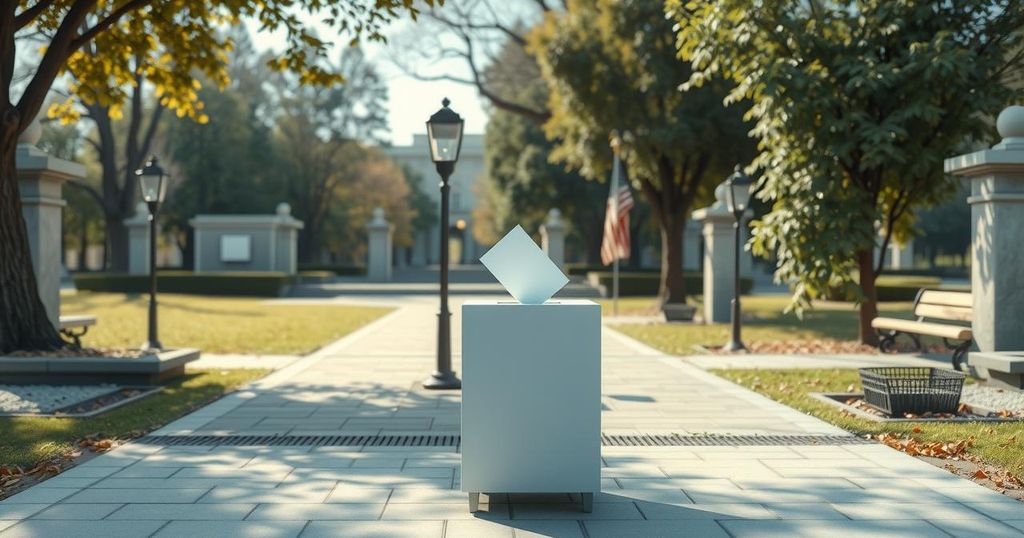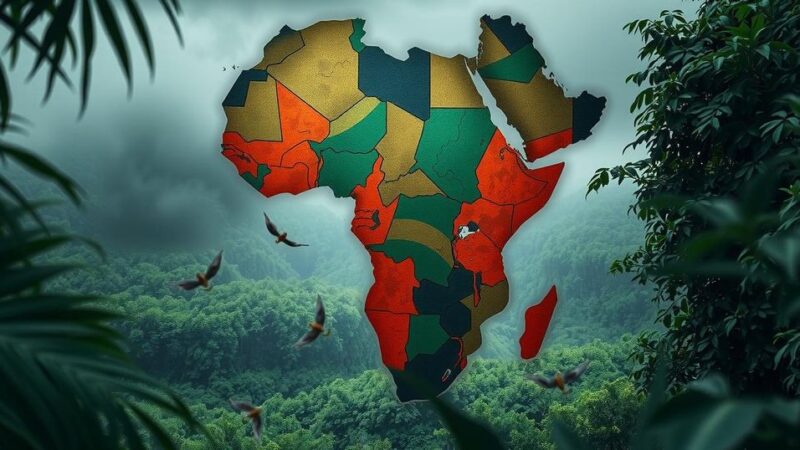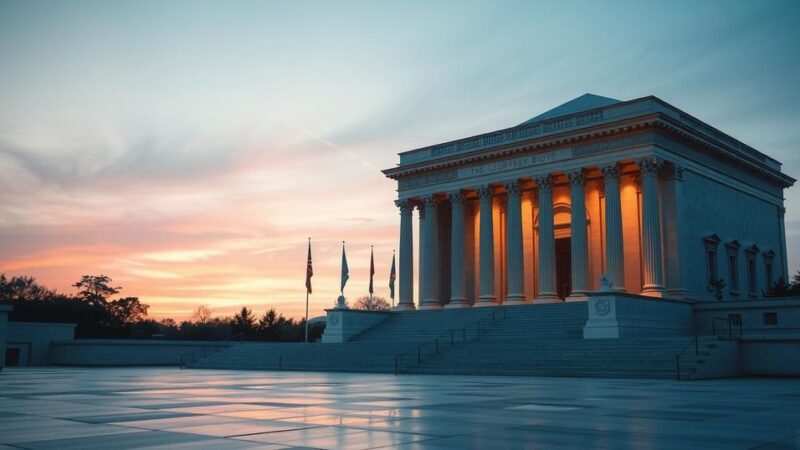Ecuador is preparing for its presidential election, featuring incumbents Daniel Noboa and Luis González amid rising crime rates connected to drug trafficking. Voter sentiment, heavily influenced by personal crime experiences, will likely shape the outcome, with mandatory voting for over 13.7 million citizens. Noboa, a millionaire heir, seeks to maintain his position, having reduced the homicide rate, while González aims to invoke Correa’s leftist policies in her campaign.
Ecuador is set to hold a pivotal presidential election, reminiscent of the one in 2023, during which voters favored a conservative millionaire over a leftist candidate closely associated with the country’s influential political figure from this century. Current President Daniel Noboa and leftist rival Luis González are among the leading candidates in the race, with both pledging to tackle the escalating crime rates affecting the populace.
The rise in violence in Ecuador has been closely linked to the cocaine trade from neighboring Colombia and Peru. Citizens, many of whom have fallen victim to crime, will likely weigh their personal experiences heavily when deciding whether to continue Noboa’s leadership or to embrace a new direction under González.
Voting in Ecuador is compulsory, with over 13.7 million eligible voters. Recently, voting centers were established in more than 40 prisons to allow thousands of inmates awaiting sentencing to participate in the election. A candidate must secure either 50% of the votes or at least 40% with a 10-point margin over the nearest competitor to win outright; otherwise, a runoff will occur on April 13.
Noboa triumphed over González in the October 2023 runoff following a snap election that resulted from former President Guillermo Lasso’s dissolution of the National Assembly. Both candidates have limited legislative experience prior to their presidential campaigns: Noboa is a banana dynasty heir while González is noted for her association with former President Rafael Correa.
Since assuming office, Noboa has managed to reduce the homicide rate from 46.18 per 100,000 people in 2023 to 38.76 per 100,000 people last year, although the figures remain significantly high compared to the 6.85 per 100,000 people recorded in 2019. González, who served under Correa’s administration, was previously implicated in a 2020 corruption scandal and now seeks to distance herself from that tumultuous period as she campaigns for the presidency.
Ecuador is grappling with heightened crime rates, significantly influenced by the cocaine trade from Colombia and Peru. The political landscape has been turbulent, with significant changes in leadership and governance impacting the socio-economic facets of the nation. This election represents a critical juncture where voters must reconsider previous choices and weigh the effectiveness of short-term leadership against the allure of established political ideologies.
The upcoming presidential election in Ecuador poses a crucial decision for voters who are grappling with crime and its repercussions in their lives. Candidates Daniel Noboa and Luis González provide contrasting approaches to governance, with Noboa seeking continued support based on his record, while González represents a return to leftist policies rooted in Correa’s legacy. As voters head to the polls, the stakes for Ecuador’s immediate future are extraordinarily high.
Original Source: abcnews.go.com






